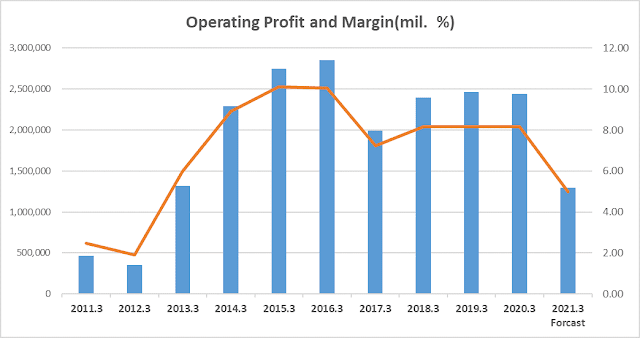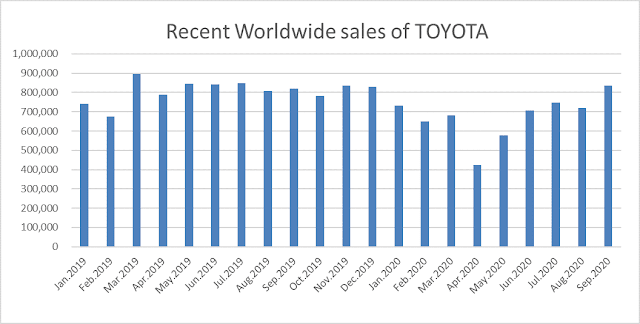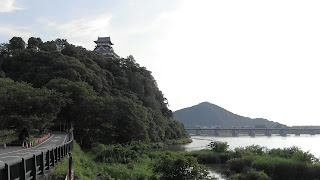Investing in Japan: Toyota keeps enlarging its business field including the "Woven City" project to build the first full-scale smart city in Japan
Toyota expands its business to new mobility fields, biotechnology, afforestation, environment and energy.
Toyota Motor Corporation has been developing new businesses in various fields such as housing, finance and telecommunications in addition to its main business of automobile manufacturing and sales. Recently, Toyota also focuses on fields such as automobile related business, new mobility fields, biotechnology, afforestation, environment and energy.
Toyota recognizes developing new businesses is indispensable to maintain its vitality and grow sustainably. Toyota has announced a number of new businesses and initiatives since the beginning of this year. For example, Toyota will establish a preparatory committee for the "Hydrogen Value Chain Promotion Council," a new organization that promotes global cooperation on the use of hydrogen and the formation of a supply chain, together with private companies to build a hydrogen society. ENEOS, Kawasaki Heavy Industries, Kansai Electric Power, Kobe Steel, Toshiba, etc. will participate in this initiative.
Toyota also announced that it has agreed with East Japan Railway and Hitachi to jointly develop a test vehicle equipped with a hydrogen-fueled cell and a hybrid system powered by a storage battery. A hybrid test train will be developed aiming for high-power control to drive railway trains larger than automobiles by fusing the railway technology and automobile technology of the three companies applying fuel cells that have already been put into practical use in automobiles to railways.
In addition, Toyota has started the
"Connected City" project in Susono City, Shizuoka Prefecture, aiming
to build the first full-scale smart city in Japan where various latest
technologies and services are introduced, verified and demonstrated. For
example, in this city which Toyota calls "Woven City", roads are
classified into three types: roads dedicated to fast vehicles, roads where
pedestrians and slow personal mobility devices coexist, and roads dedicated to
pedestrians. Several plans have been proposed, such as installing all the
city's infrastructure underground including fuel cell power generation.
Construction is scheduled to begin in early 2021.





Comments
Post a Comment